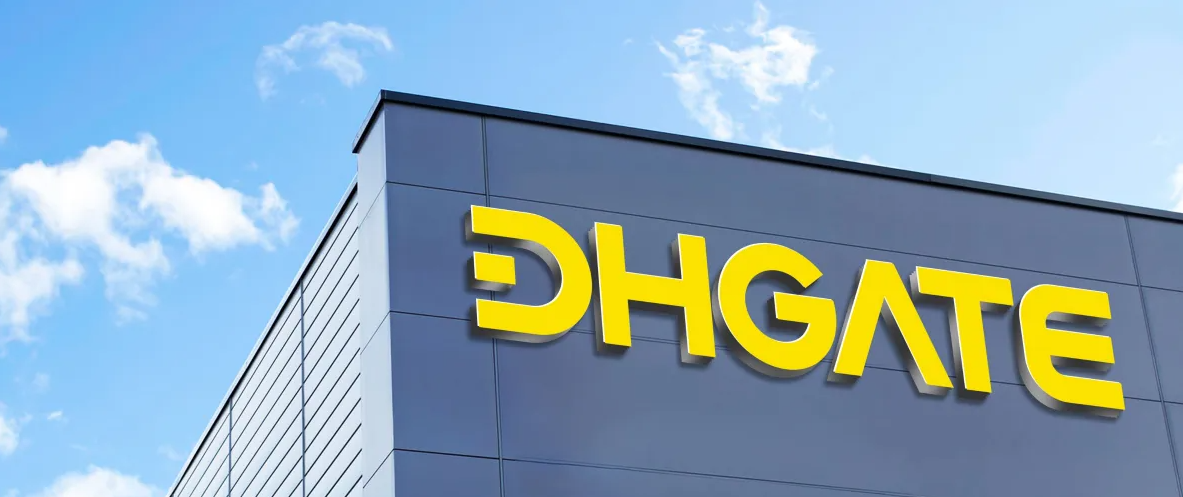
[ad_1]
I’m still working through the material from Nvidia’s GTC conference last month, and two announcements that didn’t get much coverage jumped out at me.
One was how Nvidia’s AI achieved a world record in route optimization. The other was creating the third-generation OVX computing system that is the foundation for the industrial metaverse.
Taken together, they will help to automate everything around us, including our Amazon deliveries — and make drone delivery more likely.
Let’s talk about this Nvidia-driven future, and we’ll close with my Product of the Week, Medibus, a joint project between Cisco and Germany to provide health care to those who live in rural locations with poor access to health services.
Route Optimization – Why It Matters
Last-mile delivery is where a great deal of the cost of shipping a product is incurred — about 40%, according to Pitney Bowes. But it is a bigger problem for drone delivery since drones have a limited range, and we are far from having a critical mass of them in service.
Particularly as we begin to shift from humans to AIs doing last-mile delivery, the ability to better manage the routes — considering things like prevailing winds, weather events, potential bird strikes, and other obstacles — becomes critical to assure you get your package timely and relatively undamaged. =
If you add to this the range limitations of drones, both land- and air-based, the problem becomes even more critical because solving it reduces lost drones and late packages. Nvidia has created a tremendous amount of road data as it has become the leader in autonomous driving technology, and this knowledge is being used to advantage with its route optimization solution.
A technology Nvidia developed named cuOpt can analyze billions of moves per second and account for multiple environmental issues to help assure on-time delivery of a package, be it a toy for your kid or a pizza for your dinner.
Using Nvidia’s supercomputer-like A100 Sensor Core GPUs, cuOpt can analyze a massive amount of data in real time to generate the most efficient route — which is why it won the world record.
OVX Computing System Makes the Industrial Metaverse Real
The other announcement at the GTC show that did not get much coverage was the release of the enormous third-generation OVX platform that will host Nvidia’s metaverse product, Omniverse.
Unlike Facebook’s largely failed consumer effort, the industrial metaverse is much more complex and already in production at large plant sites as part of design and management. Each piece of equipment has a fully instrumented digital twin, and even humans on the plant floor may have full digital twins to assure their safety and improve their efficiency.
Done right, the machinery digital twins are so complete that even their internals are digitized through sensors synchronized with their digital twins in the metaverse.
Using various cutting-edge technologies, including BlueField 3 DPUs, Nvidia L40 GPUs, ConnectX-7 Smart NICs, and its Spectrum Ethernet platform, Nvidia has created the metaverse computer for those who want an on-premises metaverse solution.
This effort is also somewhat tied to Nvidia’s autonomous driving efforts as it potentially connects and digitizes robots and trains that deliver to a site where the technology is already implemented. Partnering with Dell Technologies, Nvidia plans to have this technology available later this year.
Wrapping Up
Nvidia announced two under-covered technologies at its GTC conference this year. One focused on getting stuff to you cheaply and efficiently, and that anticipates drone delivery. The other automates the creation of a large facility. Both technologies work together to make the result viable and far more efficient.
Some of these technologies are already in use by Digitale Schiene Deutschland and Pepsi Co. While fully automated metaverse-coupled factories and drone delivery are not in full production yet, they are on their way. Nvidia is and will be shipping the platforms that will make this all work.

Medibus
One of the most fascinating efforts by any company is the Country Digital Acceleration (CDA) program out of Cisco, which is run by Guy Diedrich.
Cisco created the CDA program to help countries digitize. It came into broad play during the pandemic, enabling governments and schools to collaborate when politicians, bureaucrats, teachers, and students transitioned to working from home. Cisco’s CDA efforts were critical to helping kids attend school, and politicians govern remotely.
CDA’s latest effort, Medibus, is just as fascinating. Working with the German government to address the lack of medical care in remote and often financially distressed locations, the two entities acquired a few buses and converted them into mobile health care clinics.
When the war in Ukraine started, Cisco convinced Germany to loan some of these buses to the refugee crisis occurring on Ukraine’s borders to provide refugees the health care they need.
While this service was initially created to help German citizens who live in remote areas where health care professionals are few (Germany has a severe shortage of rural medical clinics), it has been helpful for disaster relief, corporate health care efforts, and, most recently, to help Ukrainian refugees.
Built on Cisco’s networking and communications technology, each bus has three people: a driver, a nurse, and a doctor connected to many remote resources that can be brought in to consult or help with a procedure as needed.
This effort anticipates a future where these vehicles could be fully automated and might make use of the Nvidia Route Optimization and metaverse solutions to ensure their timely arrival. The next step is to make them autonomous and help them get around staffing limitations by fully automating them.
Medibus not only showcases the potential future for medical care in rural areas, disaster recovery, and other remote medical needs, like vaccine shots, it could bring to fruition roving autonomous, automated medical systems that will better assure our health care even if doctors are in short supply. As a result, Cisco Medibus is my Product of the Week.
[ad_2]
Source link






